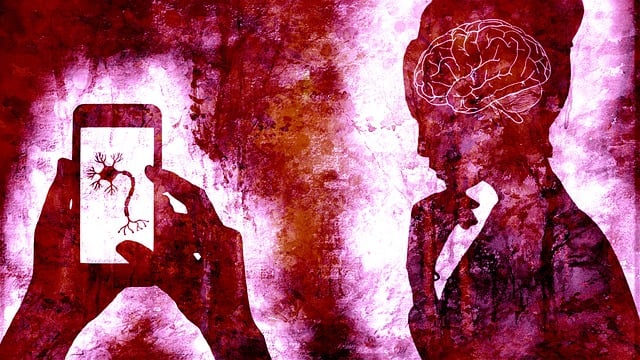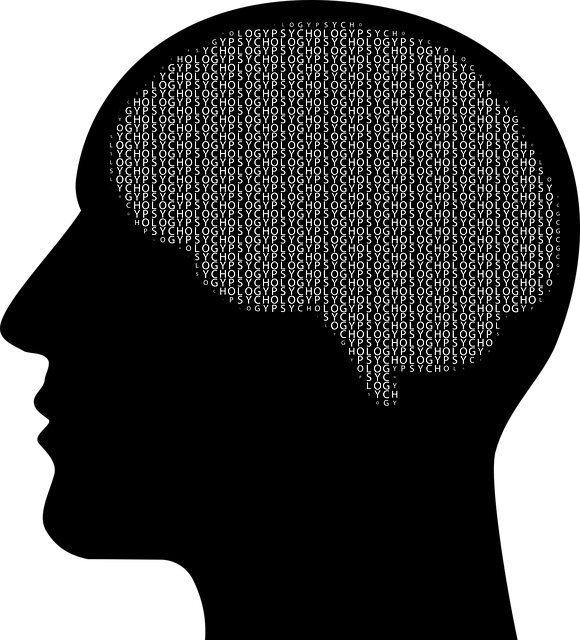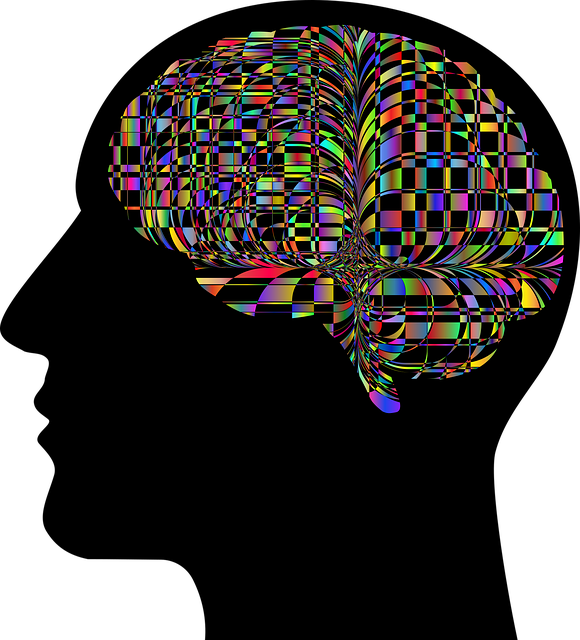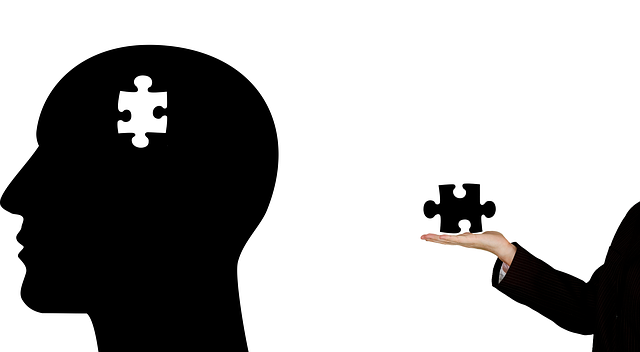Cultural competency training is vital for healthcare professionals treating elders with Functional Neurological Disorders (FND), ensuring personalized, effective therapy that respects individual cultures. This approach fosters better communication, trust, and holistic care, enhancing dignity and quality of life. By incorporating tailored self-care routines, stress management techniques, and support groups aligned with cultural beliefs, caregivers can address unique needs of diverse elder communities, leading to improved outcomes for those suffering from FNDs. Interactive workshops, case studies, and role-playing scenarios help professionals cultivate cultural sensitivity and understand unspoken norms, ultimately providing culturally sensitive therapy for better patient experiences.
In today’s diverse healthcare landscape, cultural competency among providers is crucial for ensuring quality care, especially for elderly patients. This article explores the vital role of cultural sensitivity in managing functional neurological disorders (FNDs), a growing concern within the elderly population. We delve into understanding cultural competency, its impact on FND treatment, and effective training strategies to equip healthcare providers with essential tools. Additionally, we discuss implementing and measuring programs that enhance care for elderly patients with these complex conditions.
- Understanding Cultural Competency in Healthcare: A Necessity for Quality Elder Care
- The Impact of Functional Neurological Disorders on Elderly Populations and Cultural Considerations
- Training Strategies: Equipping Healthcare Providers with the Tools for Cultural Sensitivity
- Implementing and Measuring Effective Cultural Competency Programs for Elderly Patients with Neurological Conditions
Understanding Cultural Competency in Healthcare: A Necessity for Quality Elder Care

In the healthcare sector, cultural competency is a vital aspect that ensures quality care for all patients, especially elders with complex needs like Functional Neurological Disorders (FND). It involves understanding and appreciating the diverse cultural backgrounds, beliefs, and values of individuals, enabling healthcare providers to deliver personalized and effective therapy. When it comes to elder care, this competency becomes even more critical as aging populations often face unique challenges related to health, cognitive function, and emotional well-being.
By incorporating cultural competency training, healthcare professionals can develop essential skills like emotional intelligence and coping skills development. These abilities facilitate better communication and trust between caregivers and elders, which is crucial for successful therapy outcomes. Through promoting emotional well-being promotion techniques tailored to individual cultures, elders with FND or other neurological conditions can receive holistic care that respects their dignity and enhances their overall quality of life.
The Impact of Functional Neurological Disorders on Elderly Populations and Cultural Considerations

Functional neurological disorders (FNDs) significantly impact elderly populations, often exacerbating existing health conditions and affecting daily living. These disorders manifest as physical symptoms with no organic cause, such as chronic pain, movement difficulties, or sensory impairments, which can lead to social isolation and reduced quality of life for seniors. Given the aging population, understanding FNDs is crucial for healthcare providers to offer effective therapy for elders.
Cultural competency training is essential when addressing FNDs in older adults. Caregivers must consider the unique needs and experiences of diverse elderly communities. For instance, promoting emotional well-being through self-care routine development can be tailored to cultural practices and beliefs. Techniques for stress management, as part of a holistic approach, may include mindfulness practices or support groups that resonate with specific cultural contexts. This personalized care not only enhances the effectiveness of treatment but also fosters trust and improves outcomes in therapy for elders suffering from FNDs.
Training Strategies: Equipping Healthcare Providers with the Tools for Cultural Sensitivity

Effective cultural competency training is essential to bridging the gap between healthcare providers and diverse patient populations, especially when treating elders with functional neurological disorders (FND). Training strategies should go beyond surface-level awareness and focus on equipping providers with practical tools for cultivating cultural sensitivity. Interactive workshops, case study discussions, and role-playing scenarios can facilitate a deeper understanding of unspoken cultural norms and values.
By immersing healthcare professionals in diverse perspectives, these training methods promote emotional regulation and reduce the mental illness stigma associated with FND. For example, role-playing can help providers navigate complex communication when dealing with elders from different cultural backgrounds who may experience anxiety relief through specific therapeutic approaches. Through such training, healthcare providers become more adept at tailoring their therapy for elders with FND, ensuring culturally sensitive and effective care.
Implementing and Measuring Effective Cultural Competency Programs for Elderly Patients with Neurological Conditions

Implementing cultural competency training within healthcare institutions is particularly vital when catering to the unique needs of elderly patients with neurological conditions, such as functional neurological disorders (FNDs). These individuals often face complex challenges due to the intersection of age-related cognitive changes and physical symptoms, which can significantly impact their mental wellness. Effective programs should incorporate diverse strategies like Mental Wellness Journaling Exercises to encourage self-reflection and communication, fostering a safe space for patients to express their experiences.
Guided by Risk Management Planning, mental health professionals can navigate the delicate nature of these interactions, ensuring patient safety while promoting culturally sensitive therapy. Additionally, integrating Community Outreach Programs allows healthcare providers to connect with diverse communities, gaining insights into cultural perspectives that influence healthcare seeking behaviors. This holistic approach not only improves clinical outcomes but also enhances the overall experience for elderly patients with FNDs, reflecting a commitment to comprehensive and compassionate care.
Cultural competency training is a game-changer in healthcare, especially when addressing the unique challenges of elderly patients with functional neurological disorders. By equipping providers with tools to navigate diverse cultural landscapes, we enhance care quality and ensure that every patient receives personalized therapy tailored to their background. Implementing effective programs, as highlighted in this article, can revolutionize elder care, fostering a more inclusive and sensitive healthcare environment. This approach not only respects individual cultures but also improves outcomes for vulnerable populations.














